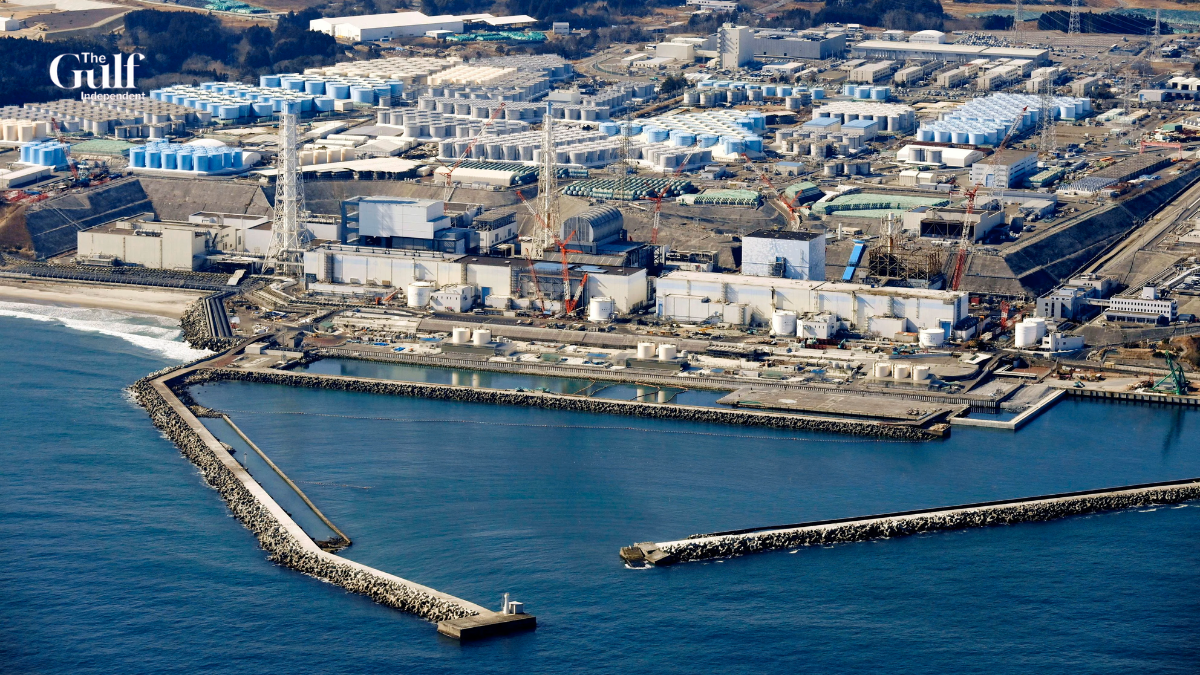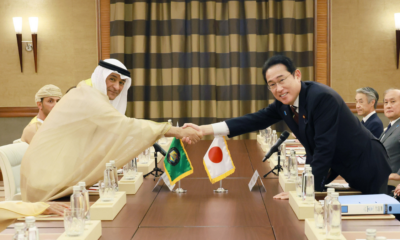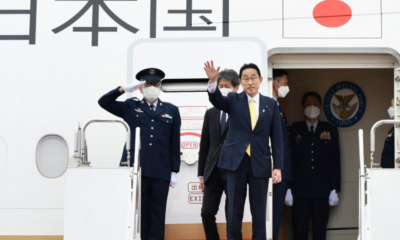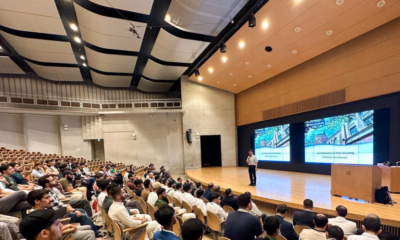Japan’s controversial plans to release treated radioactive wastewater from the Fukushima nuclear power plant – which was damaged by the earthquake and tsunami in 2011 – into the Pacific Ocean meet safety standards, the UN nuclear agency said on Tuesday.
Rafael Grossi, Director General of the International Atomic Energy Agency, delivered a report to Japanese Prime Minister Fumio Kishida at the beginning of a four-day trip to the country. He will be visiting the power plant on Wednesday.
It will take 30 to 40 years to release the 1.3 million cubic metres of water – enough to fill 500 Olympic-sized swimming pools – pending approval from the national nuclear regulatory body for Tokyo electric power. The wastewater was once used to cool fuel rods at the damaged station.
Regional Concerns Grow Over Plan’s Potential Impact
Japan is yet to reveal a start date for the dumping. Meanwhile, the UN report comes despite strong resistance from other countries in the region, including South Korea and China, which are concerned about the potential impact on public health and the marine environment.
Moreover, fishing unions believe the plan’s approval will undo work to restore their reputations after a number of countries imposed a ban on the import of Japanese seafood products following the deadly disaster in 2011.
“We will continue to explain the safety of the plan … to the international community, based on scientific evidence and with transparency,” Japanese Foreign Minister Yoshimasa Hayashi said at a joint briefing with the IAEA chief.
Japan Maintains The Process Is Safe
China has called for the plan’s immediate suspension. Meanwhile, Japan strongly maintains the process is safe as it has treated the radioactive wastewater. While most radioactive elements have already been removed, tritium is yet to be filtered out.
ALSO READ: Iran is not sending an ambassador to Sweden in protest over Quran incident
Prior to its release into the Pacific Ocean, the water will be diluted well below internationally approved levels of tritium. According to Japanese officials, the current tritium levels are lower than that usually measured in wastewater regularly discharged by nuclear plants.
Following his four-day Japan trip, Grossi will be visiting South Korea – where consumers are known to have been emptying supermarket shelves and stockpiling sea salt and seafood ahead of the controversial dumping. He could also visit New Zealand to ease associated concerns.






















